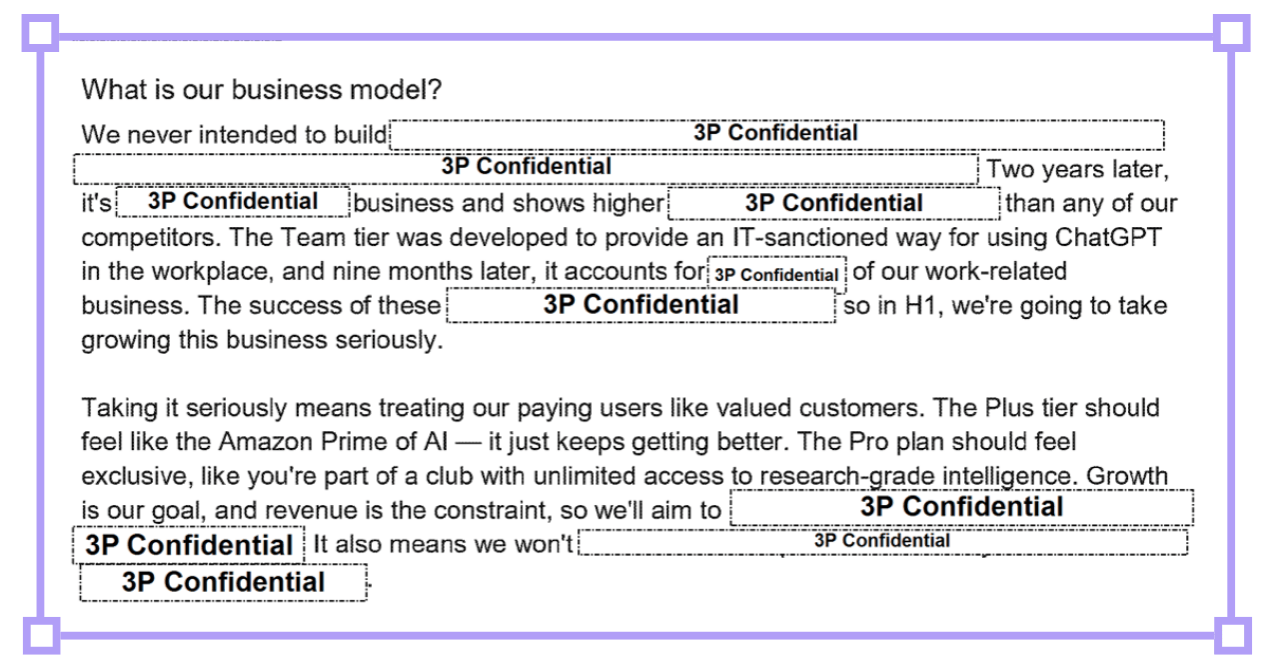
Read time: 2 minutes 51 seconds

Why founders love Vanta
1,000+ YC-backed founders have scaled faster with Vanta
Vanta is one of the leading SMB Security Compliance on G2’s Grid Report
9/10 Startups recommend Vanta, based on our Average Net Promoter Score (NPS)
“If we’d done everything manually, it would have cost us up to AUD$100k in time and resources. Partnering with Vanta has cut that by more than half.” Anshul Jain, Co-Founder, Everlab.
By automating up to 90% of the work needed for SOC 2, ISO 27001, and more, Vanta has helped over 10,000 companies like Atlassian, Relevance AI and Everlab get compliant fast.
The hardest part of building products isn't actually building products. It’s everything else.
It’s proving the work matters, managing stakeholders, trying to plan ahead. Most teams spend more time reacting than learning—chasing updates, justifying roadmaps, and constantly unblocking work to keep things moving.
Jira Product Discovery puts you back in control.
Capture insights and prioritise high-impact ideas with flexible frameworks
Build roadmaps that stakeholders want to rally around
Track ideas from strategy to delivery—all in one place.
👉 Get Jira Product Discovery free. Less chasing. More time to think, learn, and build the right thing.
Thank you for supporting our sponsors, who keep this newsletter free.



OpenAI's ChatGPT strategy memo for 2025/26 was leaked in the Google antitrust hearing.
It’s the juiciest “leaked internal doc” I’ve found in a while.
The fabric of tech’s global power hierarchy is changing right before our eyes, and this is the smoking gun.

TLDR on the leak itself:
→ DOJ ruled Google conducts illegal monopoly practices in web search and search advertising
→ Other companies in the space like OpenAI, Perplexity, Yahoo, Mozilla, and Apple are submitting evidence to inform remedies
→ OpenAI shared internal strategy docs to highlight how Google’s control of search infrastructure hinders AI competition
→ Folks like us get to nerd out on the publicly available court docs
Here's everything you need to know:
They're not just building a chatbot.
They're building your personal operating system.
By 2026, they want ChatGPT to be "your interface to the internet".
"As ChatGPT evolves, it will replace more and more things - search engines, browsers, you name it."

What caught my attention:
They never intended to build a SaaS.
They seem almost surprised by the success of ChatGPT Plus and Pro and Team.
But the document reveals they're treating this revenue as a 'constraint'.

Why? Because they're planning something bigger.
They want to own the relationship with every human on earth.
A physical device by 2026.
Not an app. Not a website. A device.
We’ve known this since the dramatic Johny Ive partnership announcement back in May, but it’s one thing to see the publicity stunt, it’s another thing to read the strategy memo behind it.

They want to be selling iPhones and running the App Store, not building a popular app.
"The best Al is the one that's right there with you."
The brutal reality for OpenAI is their position in the ‘stack’:
Hardware → operating system → browser/platform → applications
OpenAI currently sits at the application layer - the position with the least leverage.
They're terrified that Apple, Google, and Microsoft will box them out.
Google owns Android and Chrome. Apple owns iOS and MacOS. Microsoft owns Windows.
OpenAI owns... a website, an app, the worlds most powerful models, and 80% of consumer mindshare for the AI chatbot category.
But mindshare doesn't matter if you can be switched off.
If you build an application (e.g. ad blocker for YouTube videos) that the browser developer (e.g. Google) doesn’t like, they’ll block it from working on Chrome.
If you build a browser/platform (e.g. Epic Games Store) that the operating system owner (e.g. Apple) doesn't like, they can demand 30% of all revenue or kick you off the iOS App Store.
If you build an operating system, good luck getting Apple to allow installation on iPhones / iPads / Apple Watches / Macbooks.
The document literally says they need to fight for "user choice" because platform owners might "push their own AIs without giving users fair alternatives."

What this means for you:
If ChatGPT becomes the interface to everything, every app needs to be available as a backend service.
→ Restaurant booking app? ChatGPT calls your API.
→ Calendar app? ChatGPT moves meetings around.
→ Email client? ChatGPT drafts and sends.
The question isn't "will AI replace apps?"
It's "will your app survive being accessed only through AI?"
Here's the money quote:
"All human-computer interactions can be mediated by ChatGPT. Just as the web intermediates much of our work, commerce, social, and entertainment activity today, ChatGPT will do that and more — it will be the way we interact with everything."
Read that again.
Post-2008, every developer had to make sure their product could be used on a mobile device (today ~65% of global web traffic comes from mobile devices).
Post-2025, every developer has to make sure their product can be used by ChatGPT.
In 24 months, we'll look back at this time as the most dramatic 'changing of the guard' moment in tech history.
Most companies today are just building iPhone features.
Most companies tomorrow are just building ChatGPT features.


This one was super fun.
It’s genuine treat to get to share my take on the world’s most interesting strategies with you.
Hope you enjoyed it too.
— Tom
P.S. If you liked today’s piece, you’re probably like me - you love going behind-the-scenes to see exactly what bets companies are making to grow.
I recorded this free tutorial showing you my favourite little-known tactic for seeing where ANY website gets its visitors from, what channels and tactics are working for them, PLUS how to use that intelligence to make stronger strategic arguments/decisions.
Enjoy (and use it wisely 👀)!


Whenever you're ready, there are 3 ways we can help you:
Our flagship course on how to use free internet data to make better strategic decisions. Contains 5 years of strategy expertise, proven methods, and actionable tactics to accelerate your career with modern-day strategy skills.
We have a growing audience of 80,000+ strategists from top companies like Google, Meta, Atlassian, Stripe, and Netflix. Apply to feature your business in front of Strategy Breakdowns readers.
One of the most common questions we get asked is: “What tools do you use to run Strategy Breakdowns?” So, we’ve open-sourced our tech stack to give you an inside-look at exactly what tools we’re using to power each corner of this operation.


